Headspace in Bloom: The Psychological Benefits of Spring Mountain Hikes
Cognitive Clarity at Elevation
Nature’s softly engaging stimuli—birdsong, flowing clouds, textured bark—allow directed attention to recover. As you zigzag uphill, intrusive thoughts loosen, replaced by a calm, steady awareness that leaves space for insight rather than endless mental noise.
Cognitive Clarity at Elevation
Trail puzzles—choosing the dry rock, adjusting layers, reading the sky—nudge flexible thinking. Paired with the novelty of thaw lines and fresh watercourses, many hikers experience idea breakthroughs that feel earned, memorable, and applicable once back home.
Reaching the next switchback, staying warm with smart layering, or navigating a wet crossing—stacked small wins become evidence that you can handle life’s bumps. Confidence grows not from perfection, but from practical, repeated competence under changing conditions.

Connection and Belonging
Experiencing a sudden wildflower meadow or a sunburst through mist at the same time builds a wordless closeness. That synchronized wonder lingers as a private shorthand, strengthening trust and making future plans feel easier and more meaningful.
Mindfulness in Motion
Match steps to breathing—four counts in, four counts out—adjusting with grade and pace. This rhythmic focus steadies effort and interrupts anxious loops, replacing them with a grounded, breathable flow that carries you smoothly over uneven trail.
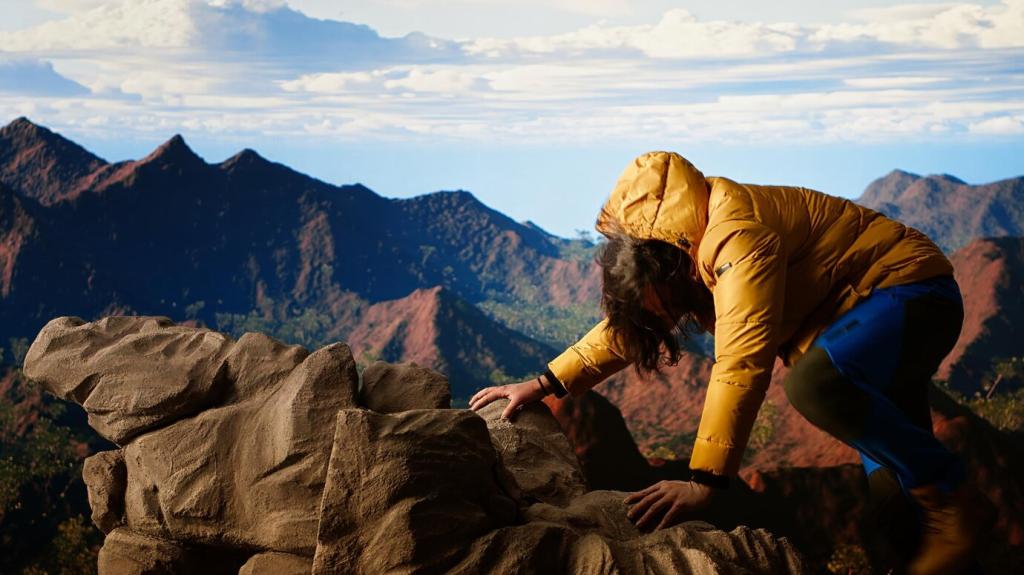
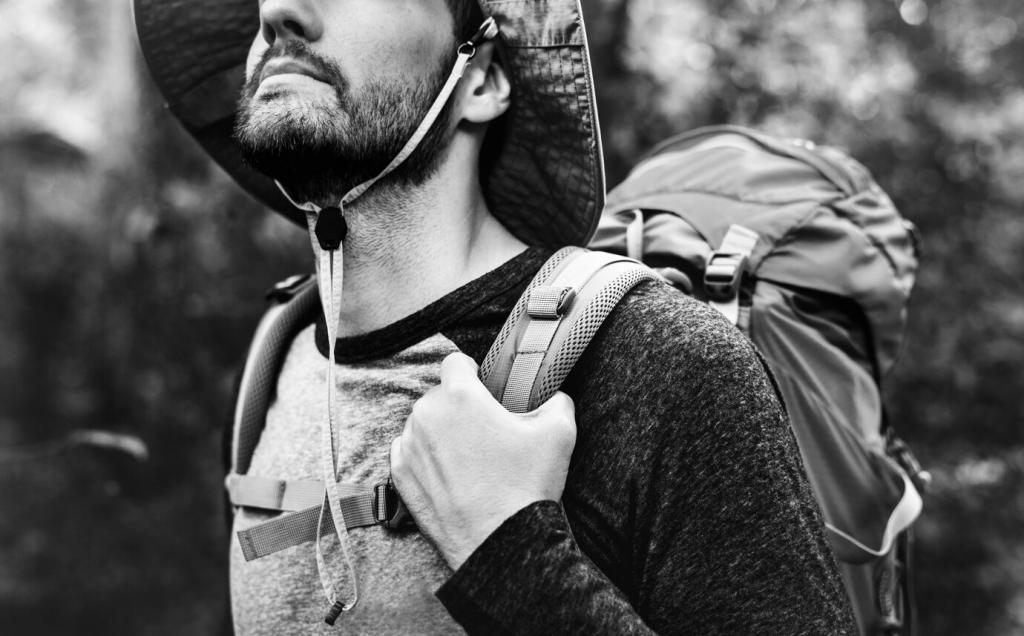
Mindfulness in Motion
Name five sounds, four colors, three scents, two textures, one taste. The whistle of wind, thrush calls, damp earth, resin, snowmelt on skin—an elegant reset that returns you to presence without straining for perfect concentration or silence.
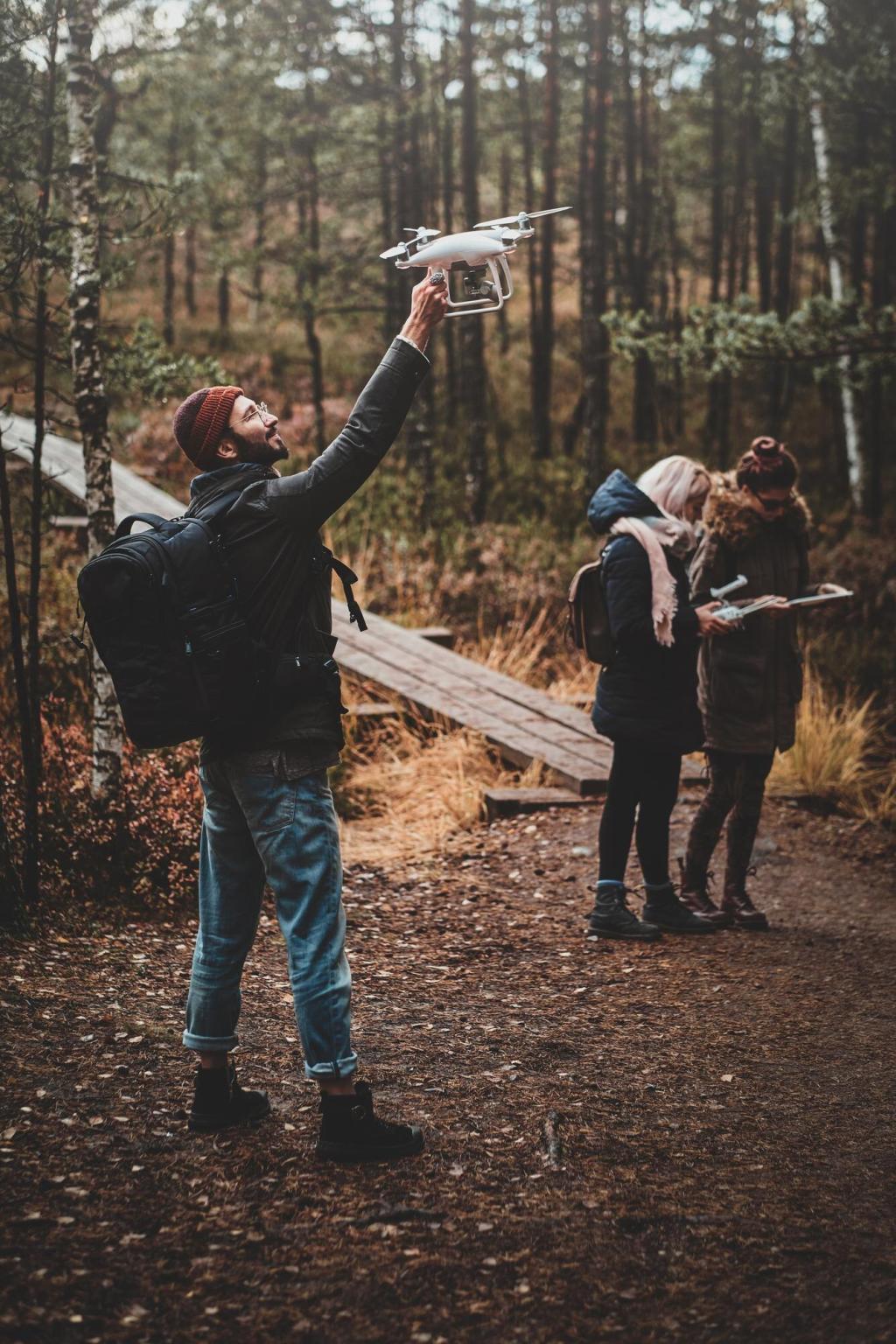

From Seasonal Slump to Seasonal Lift
A short, consistent weekly hike reintroduces structure and momentum. The predictability of turning up, even for modest distances, restores a sense of agency that counters the sluggish thinking many people feel as winter finally releases its hold.
From Seasonal Slump to Seasonal Lift
Early spring light helps realign sleep-wake rhythms. A morning climb—safely timed and layered—exposes you to bright, cool light that can stabilize energy across the day, making afternoons feel clearer and evenings calm rather than wired or drowsy.
Safety, Preparation, and Psychological Ease
Pack layers, microspikes, dry socks, and a lightweight shell. Add warm tea and a small sit pad for comfort. Knowing you can adapt to cold, slush, or wind eases mental load before worries even begin to gather.
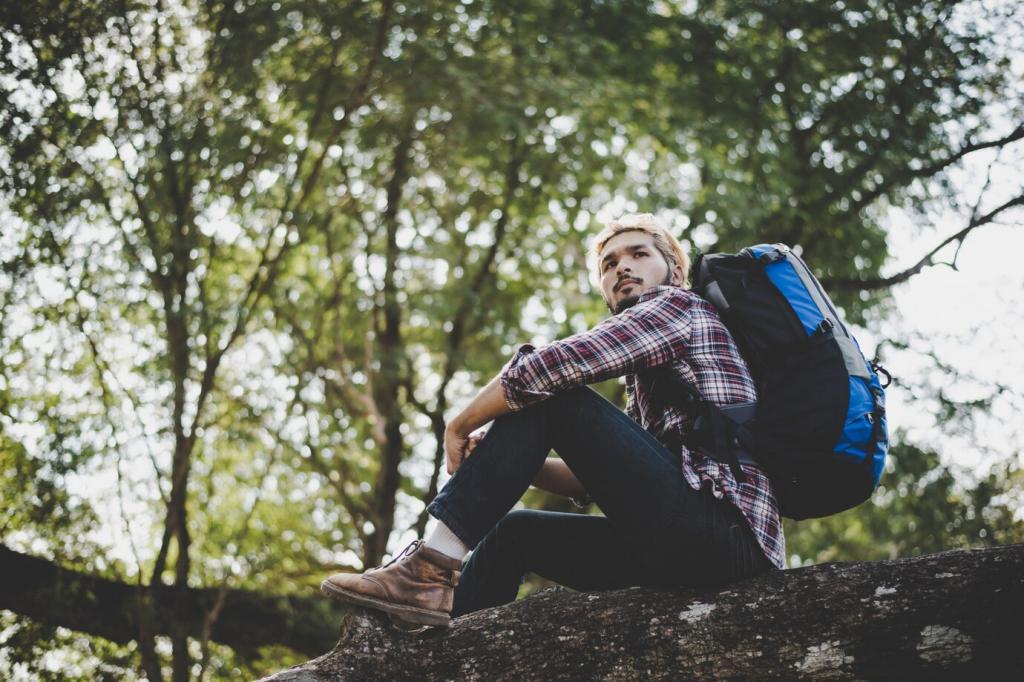
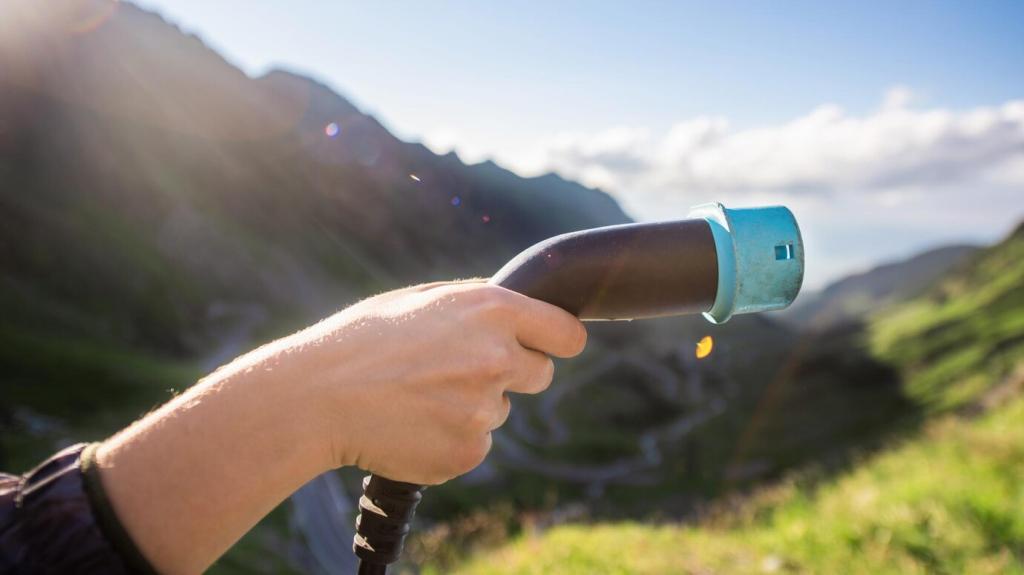
Make It a Habit: Designing Your Spring Mountain Ritual
Pick two anchor days and invite a buddy to join or check in. When motivation dips, your calendar and community carry you, making consistency feel supportive rather than a lonely battle against inertia.
Make It a Habit: Designing Your Spring Mountain Ritual
Write five lines: weather, one image, one feeling, one challenge, one win. This quick practice consolidates memory, tracks progress, and spotlights what helps your mood most, guiding smarter choices for your next spring ascent.
